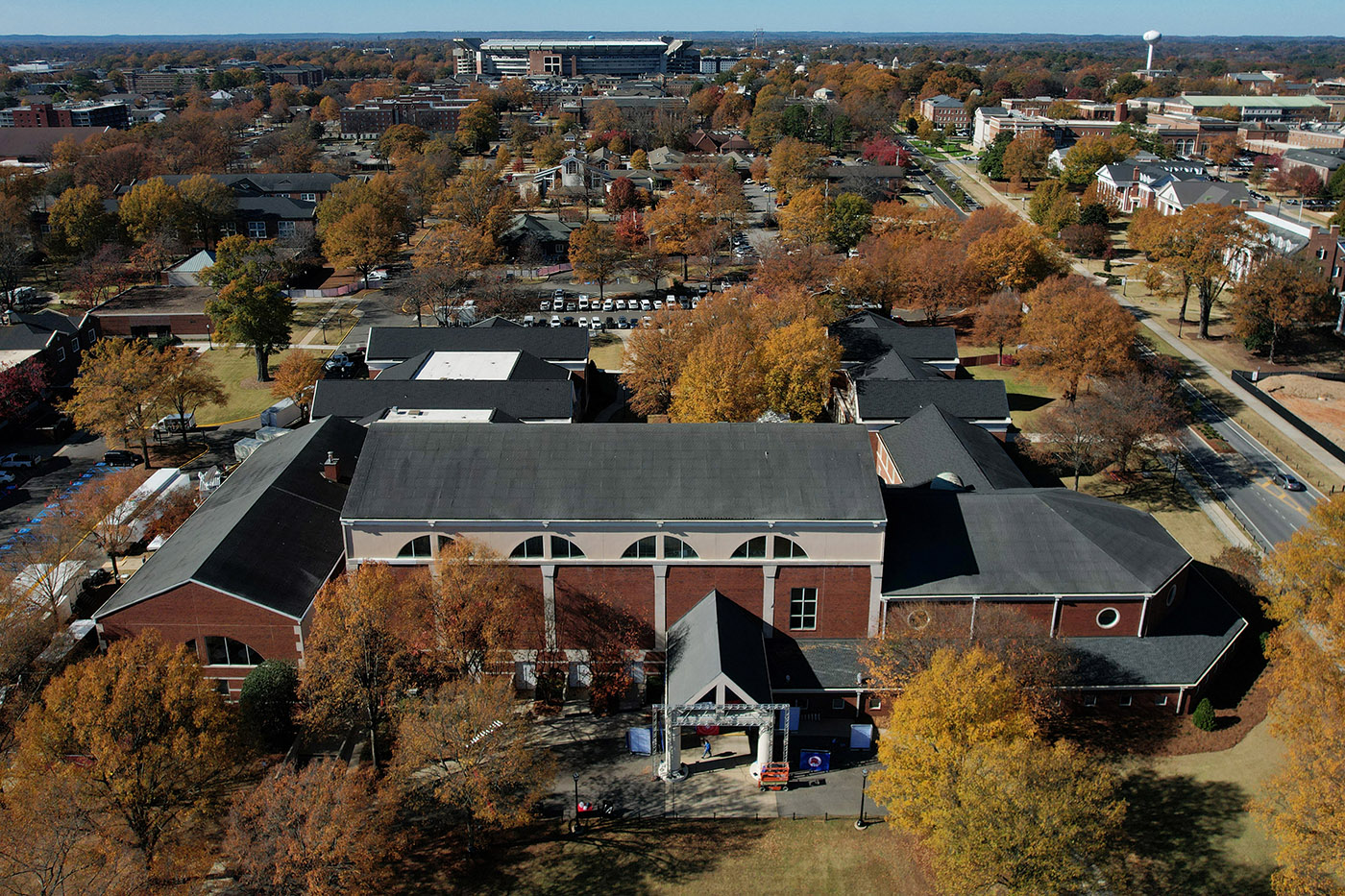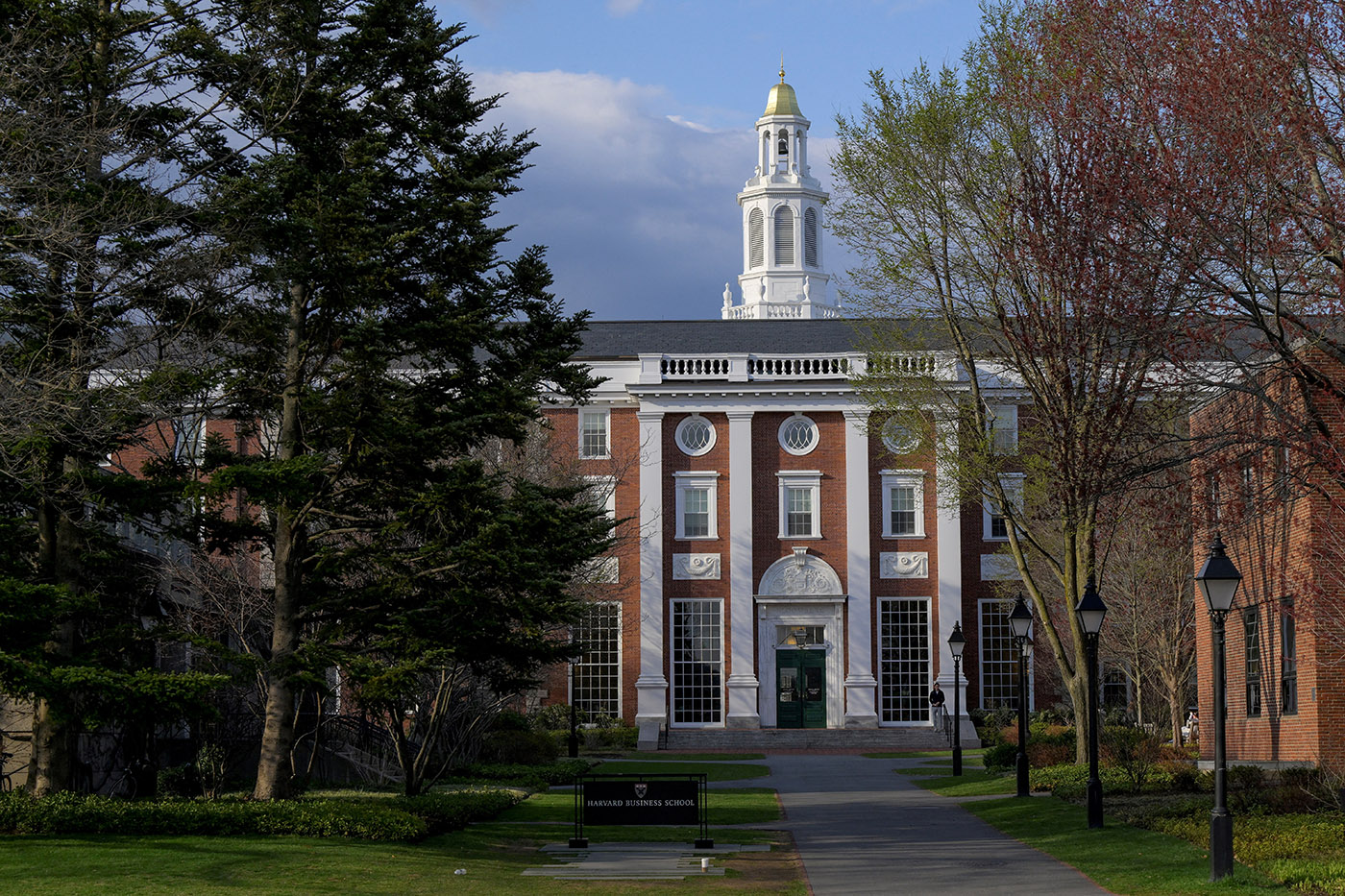A Mayo Clinic College of Medicine and Science professor sued the college and two administrators last week, claiming he was retaliated against for the expression of disfavored viewpoints in media interviews.
Dr. Michael Joyner, professor of anesthesiology and an expert physiologist who has worked at Mayo for 36 years, filed the lawsuit in Minnesota state court against the college, its president and CEO and the chair of the anesthesiology department. Joyner has been suspended without pay since March because, according to a disciplinary letter, he allegedly “failed to consistently work within Mayo Clinic guidelines related to media interactions and failed to communicate in accordance with prescribed messaging.”
The dispute, according to the lawsuit, stems from statements Joyner made to reporters about his research on the subjects of transgender athletes and COVID-19 treatments in two different media interviews. In March 2022, he told The New York Times that gender differences are tied to sports performance, saying “testosterone is the 800-pound gorilla.” And in November 2022, he told CNN that he was “frustrated” with the National Institute of Health’s (NIH) “bureaucratic rope-a-dope,” reportedly referring to the agency’s lack of response to his and other doctors’ calls for a revision of COVID-19 treatment guidelines, calling the NIH’s guidelines a “wet blanket” that discouraged doctors from experimenting with new therapies.
Mayo is a private college, but Joyner’s lawsuit argues that his punishment is in direct conflict with Mayo’s “Freedom of Expression and Academic Freedom Policy” which bars the college from silencing or censoring the speech of its faculty uttered in their personal capacity.
“MCCMS [Mayo Clinic College of Medicine and Science] is committed to freedom of expression, which includes the right to discuss and present scholarly opinions and conclusions without fear of retribution or retaliation if those opinions and conclusions conflict with those of the faculty or institution,” the policy reads.
The lawsuit alleges that “Mayo’s retaliation against and censorship of Joyner violated its promises of academic freedom and non-retaliation, contradicted its institutional claims to be an educational institution, and ultimately breached the public trust.”
“The public — and in the case of prestigious medical establishments like Mayo Clinic, the public health — depends on institutions following their promises of academic freedom for faculty, a key guarantor of scientific integrity,” the filing reads. “Americans do and should expect a professor and doctor’s statements to reflect an honest view of the scientific evidence, not a curated institutional statement that prioritizes the brand or political reputation of the institution over the best scientific medical advice.”
Mayo did not respond to multiple requests for comment but issued a statement to local media on Nov. 15 calling the allegations “baseless,” flatly denying that Joyner’s discipline was related to his statement on testosterone and referring to Joyner’s “well-documented disciplinary history.”
“Dr. Joyner is disingenuously invoking academic freedom as a shield to escape accountability for actions that violate Mayo policies and values,” the statement reads. “Mayo disciplined Dr. Joyner for continuing to treat coworkers unprofessionally in violation of Mayo policy and for making unprofessional comments about the National Institute of Health’s (NIH) guidelines for convalescent plasma. Dr. Joyner’s comments about the NIH were not the expression of a scientific opinion, as is protected by our academic freedom policy. Instead, his comments were the unprofessional venting of his personal frustration with the NIH’s decision not to recommend a therapy he had championed.”
In Joyner’s disciplinary letter, Dr. Mantilla, chair of the anesthesiology department, stated that Joyner’s statements about the NIH, which provides Mayo with millions of dollars in funding, is a “use of idiomatic language that has been problematic and reflects poorly on Mayo Clinic’s brand and reputation.”
Mantilla wrote that Joyner had engaged in an “unprofessional pattern of behavior,” referencing Joyner’s New York Times interview, claiming his statements “were problematic in the media and the LGBTQI+ community at Mayo Clinic.”
The lawsuit argues that “free speech and academic freedom do not become less important because of public disagreement or debate. To the contrary, it is precisely during times of intense disagreement that unbiased research and expert opinions of faculty are most in service to the public.”
Samantha Harris, one of Joyner’s attorneys, said the college is mischaracterizing past actions in order to defend its position.
“This is something that institutions do all the time,” she said, “is just sort of cite vague allegations of unprofessionalism and un-collegiality in an effort to kind of distract from censorship.”
According to the lawsuit, Joyner had assured reporters that his views and opinions were not reflective of Mayo. Zach Greenberg, senior program officer for student organizations and campus rights advocacy at the Foundation for Individual Rights and Expression (FIRE), said that is an “incredibly important part to this issue.”
“I think it’s really important that he made it very clear in speaking to journalists that he was not speaking on behalf of Mayo,” Greenberg said. “Colleges can control what faculty say if they’re speaking on behalf of the college because that’s the speech of the university, so when faculty is representing the college, their free speech rights are limited. But when faculty are speaking in their own personal capacities, [the college] has to respect their free speech rights.”
FIRE, a free speech advocacy organization, sent two letters to the college in April and May requesting its administration “immediately rectify this egregious free speech violation by rescinding all discipline against Joyner.”
In response to Joyner’s punishment, more than 200 physicians and scientists signed onto a public letter in June urging Mayo to reconsider.
“Placing academic freedom in jeopardy is certain to tarnish Mayo’s reputation among the many who have always thought of Mayo as a beacon of scientific integrity,” the letter reads. “Worse yet, how can anyone now believe anything any doctor from Mayo says? These Mayo administrative actions will lead to concerns that the public statements of Mayo doctors are intended to support Mayo’s reputational and business interests rather than to reflect the doctor’s honest view of scientific evidence. Mayo is inflicting a major injury to its reputation upon itself.”
A day later, Chief Communication Officer Halena Gazelka sent a memo to Mayo faculty, obtained and published by FIRE, which included proposed messaging to use if questioned about Joyner’s case.
“Directing faculty in their personal capacity to adhere to college viewpoints [is] pretty clear in the sense of restricting their right to free speech, because that policy suggests anything they say outside of these prescribed viewpoints would merit punishment,” Greenberg said.
Nov. 13, 2023 — Dr. Michael Joyner’s Lawsuit
Tags


